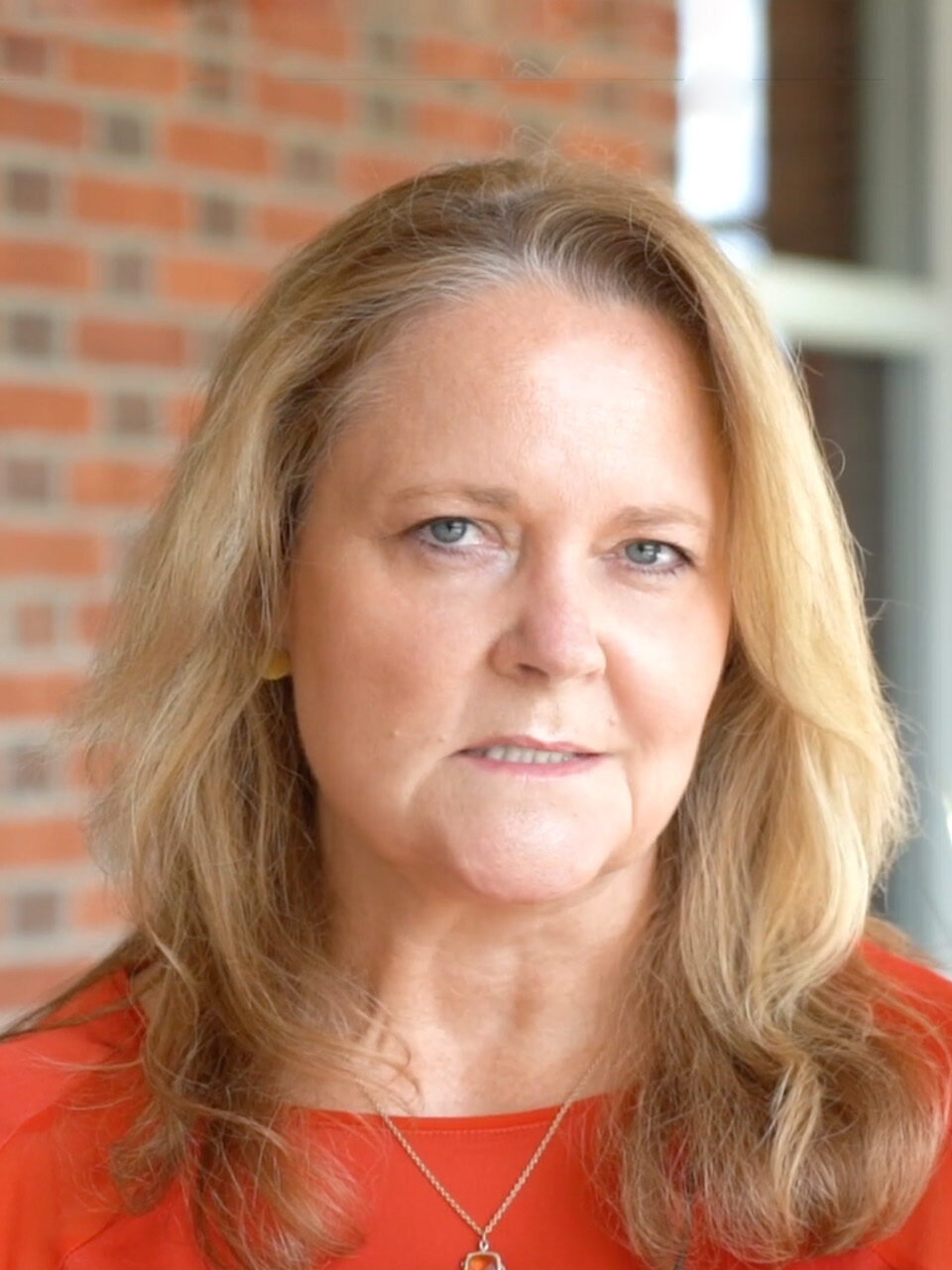Do you have an inner calling to become a medical doctor? Apply to Iowa’s only career-changer Postbaccalaureate Pre-Medical/Health program.
The Loras College Postbaccalaureate Pre-Medical/Health twelve-month program is intended for individuals interested in changing their career to healthcare and who require the prerequisite courses for medical school or other health profession programs. Loras has a rich liberal arts tradition and a strong history of educating students about various healthcare professions.
We strive to develop active learners, reflective thinkers, ethical decision-makers, and responsible contributors—all critical attributes for success in your chosen medical and healthcare career and a satisfying life. We are interested in people joining our pre-medical program for whom medicine will not be just a job but the vocation they choose to use their talents to serve humanity best.
Book a Chat
Schedule a personalized visit or a video chat to learn more about the curriculum, internships, outcomes, enrollment process, and more.
Preparing for Medical School
Our program is more than the courses you take. With dedicated professors, you will be advised and guided by a pre-health advisor, prepare for the MCAT exam or other admission tests, observe and learn from doctors in hospitals and clinics, and receive a detailed committee letter of evaluation for your professional program of choice.
Committee Letter of Evaluation
Our postbaccalaureate committee evaluates each student’s work after every term and provides a comprehensive evaluation letter for students applying to medical, dental, and other health profession schools.
Benefits
- Personal advising from a program director who has a medical degree.
- Small class sizes and a beautiful Midwest location.
- Assistance finding shadowing and direct patient care experiences, research, and meaningful volunteer opportunities.
- Opportunity to take an anatomy class with human cadavers.
- Application guidance to health-related professional schools, including personal statement guidance and interviewing practice.
- Admission test guidance for health-related professional schools.
Admission
Prepare for the MCAT exam, observe and learn from doctors in hospitals and clinics, and receive a detailed committee letter of evaluation for your professional program of choice.
Financial Aid
Advanced degrees are worth the investment. We have options to help you make your educational goal a reality, and financial aid helps open doors for your future.
Tuition & Fees
Understand the costs before applying. Review tuition, fees, and living expenses to create a realistic budget. Financial planning is key for advanced degree success.
Pre-Medical /Health FAQs
Get in Touch
Learn More
By requesting information, I authorize Loras College to contact me by email, phone, or text at the number provided. By providing your number, you consent to receive notifications from this organization. Reply STOP to unsubscribe. Message and data rates may apply.
The Loras postbaccalaureate premedical program provided me with a toolbox of resources that I used to put together a competitive application.
— Sarah (’20)
Meet Your Program Director

Ulrike Schultz MD MPH
Director of Postbaccalaureate Pre-Medical Program
Director of Pre-Health Advising

